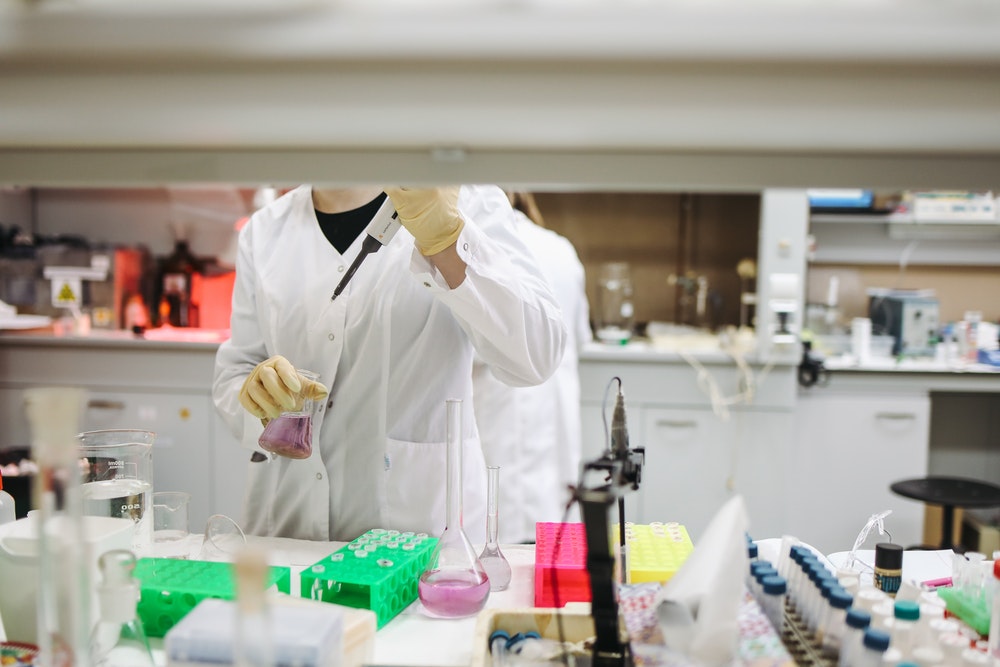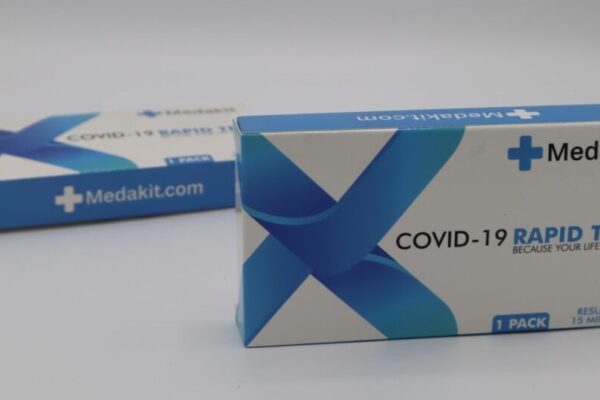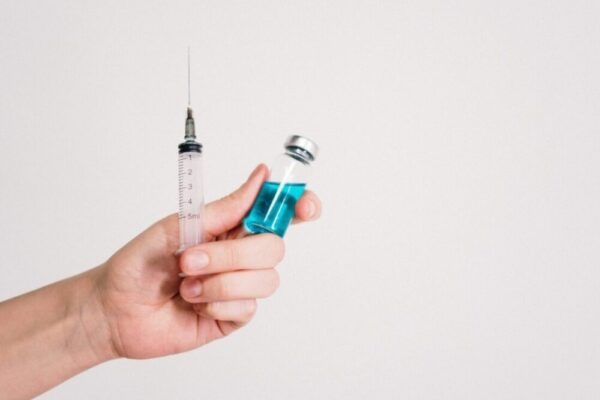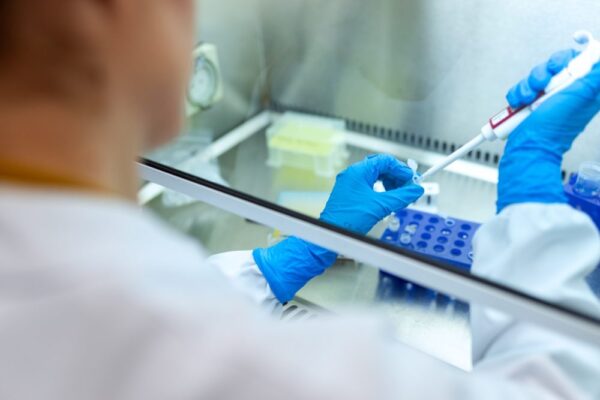Since the initial outbreak, the novel coronavirus, first detected in Wuhan, China, in December 2019 has infected more than 200,00 worldwide and taken lives of at least 10,000. But there is no vaccine available yet and the current treatments given are based on the kind of care given for influenza (seasonal flu) and other severe respiratory illnesses, known as “supportive care,” according to the Centers for Disease Control and Prevention (CDC).
However, many researchers and pharmaceutical companies have stepped forward to initiate the development of vaccines for the coronavirus pandemic. In fact, in Seattle the first clinical trial for an experimental vaccine was carried out that was developed by the biotechnology company Moderna Therapeutics. That said, the process of developing a potential vaccine for coronavirus is a long one, with experts believing it would take up to 12-18 months.
Even with certain medications that may have the potential to be effective in preventing or treating the symptoms, scientists would need to perform randomized controlled trials on humans before vaccines and other treatments could be made deployable.
Several drug makers and startup which have started to develop such treatments include, Gilead Sciences Inc, Inovio Pharmaceuticals Inc. and Johnson & Johnson.
Some other companies, in the U.S, who are engaged in the development of COVID-19 vaccines or treatments are mentioned below.
Company: Gilead Sciences Inc.
Approach: Treatment
Stage: 3
Gilead Sciences’ Remdesivir antiviral drug is being studied and investigated at five clinical trials around the world. The primary goals are reducing fever and helping patients get out of the hospital within two weeks. The treatment has been on two clinical trials in China, although not yet approved in humans.
The clinical trial listing states the study is taking place in Hong Kong, South Korea, Singapore and the U.S.
Company: BioNTech
Approach: Vaccine
Stage: Preclinical
BioNTech is working on an mRNA vaccine and plans to enter the clinical trials with vaccine candidate in April in Germany and the U.S. Another company, Pfizer, has announced that it would co-develop the vaccine in the rest of the world.
Company: GlaxoSmithKline
Approach: Vaccine
Stage: Preclinical
GlaxoSmithKline or GSK is a leading vaccine manufacturer, which is lending its adjuvant technology to a Chinese biotech firm at work on a coronavirus vaccine. GSK also stated that Clover Biopharmaceuticals Inc., a privately held company based in Chengdu is also using the technology. Clover’s methodology involves injecting protein to prod an immune response, in a way that the body is able to resist the infection.
Company: Takeda Pharmaceutical Company Ltd.
Approach: Treatment
Stage: Preclinical
Japanese pharma giant Takeda is at work to test hyperimmune globulins for people who are at high risk for infection. The company said that their treatment works though drawing blood from coronavirus survivors or those who have received a vaccine if one is developed, harvesting the plasma, and then isolating the protective antibodies that kept those patients alive.
According to the company, the therapy could be available to patients in 12 to 18 months.
Company: CanSino Biologics
Approach: Vaccine
Stage: Phase 1
The company is close to testing its vaccine in a clinical trial in China. Chinese authorities approved its planned trial, which will begin as soon as possible.
Drugs in the development to fight COVID-19
While companies are working on vaccines and different treatments, following are few potential drugs which are being investigated for combating coronavirus.
Favilavir
Favilavir was initially developed to treat inflammation in the nose and throat, but now China has approved its use as an antiviral drug to treat symptoms of COVID-19.
Chloroquine
Atleast 10 clinical trials are currently looking to use chloroquine, a drug that is used to fight malaria and autoimmune diseases. The drug is considered to be safe and is being held as an option for the novel coronavirus.
APN01
A certain protein found in APN01, called ACE2 was observed to be involved in SARS infection. It turns out, Coronavirus also uses the ACE2 protein to infect cells in humans.
This protein also helped protect the lungs from injury due to respiratory distress, making scientists look at the effects of APN01 medication. Patients would be observed under this test for a week for larger clinical trials if positive results show up.




